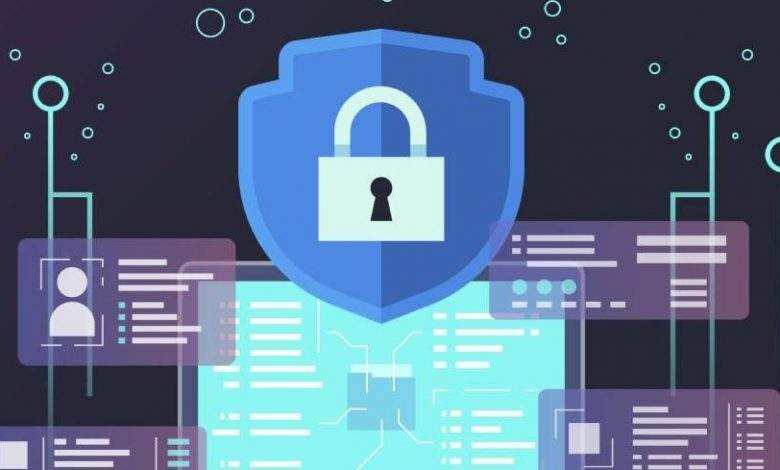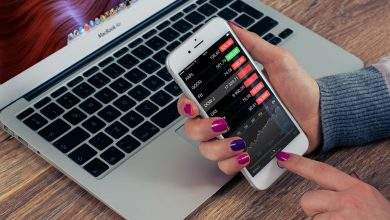
How The WFH Movement has Affected The Cybersecurity of Businesses
All desk workers across the world had to log in remotely for well over a year. And while many people can return to their offices and start their lives, as usual, they naturally become a permanent fixture, depending on where you live.
Companies have everywhere realized that their output is still provided without bums on their seats. This has led many firms to opt to offer their staff the chance to continue working at home at least until the world is back to normal.
Staff are usually happier, have more time with their families, and do not have any long trips and difficulties with hourly traffic.
It is fair to say that many companies, whether or not there are already existing national policies, have already been prepared for that. Protecting sensitive business data is important, so an established cybersecurity framework has long been essential.
However, every employee cannot understand how to jeopardize his company’s network and the simplicity of allowing hackers to do so. Increased dependence on technology makes us increasingly vulnerable to cyber attacks, but the staff at home can do so only.
Continue to learn how the WFH movement is vulnerable to the cyber security of organizations around the world.
The Risk Of Phishing Emails
This term simply refers to an advanced type of communication to encourage a recipient to transfer access to rob sensitive data to account for those who do not know about phishing schemes.
Even to anyone who knows it, phishing is a real problem, as fake correspondence in its design is often so sophisticated that anyone who has taken his watch can trespass against him.
Although they tend to target banking and social media accounts, if the hacker has access to your working email, it can quickly steal your corporate data and customer data.
Weak Or Repeat Passwords
A hacker can easily devise your password rather than circumvent a complex network of cyber security. Think about it, why do you bother firewalls and VPNs if you just think about the most popular passwords?
Some hackers create code that continues to hack a large list of the most common passwords for your account. In addition, when you use an old password for so long, you can always be aware of it.
Do not routinely change your password and make sure it is complex enough, which can cause problems for your company when you’re at home.
Public Wi-Fi Zones
You do not have to start from your own home Wi-Fi, so consider how the network of your company can remain unprotected via public Wi-Fi. Whether you’re in a cafe, train, airport, or hotel, hackers can access sensitive information. Nor is it hard for them to see who’s related to it.
You just have to place your device between your connection to deliver malware that can infect your company’s whole network. It is impossible to send confidential files and shared networks if the security of your device is not guaranteed.
Insecure, Personal Devices
Companies that can provide a range of cybersecurity equipment before loading to their employees. Everyone who uses their own devices inadvertently endangers the network in the company, regardless of whether they are computers, phones, or desktops.
Seriously, it is probably not known to people who are asked to use their devices what is required and who should not be responsible for protecting company data.



